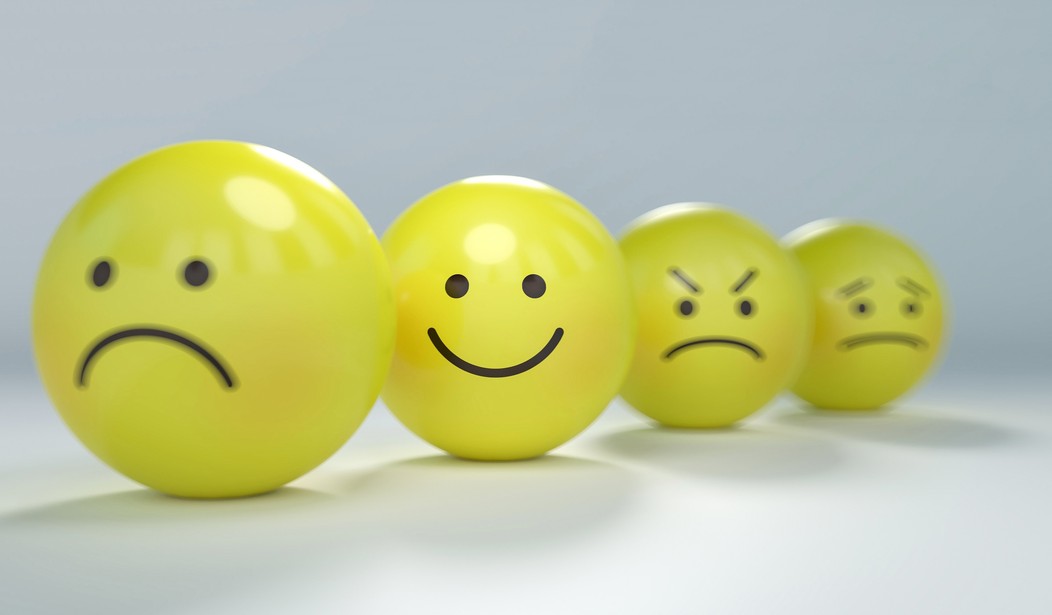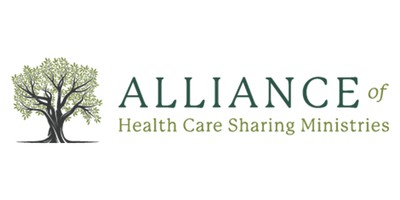Are you happy? Many people say they feel happier during the holidays.
But I'm not happy.
Democrats and Republicans keep voting for bigger government. Few people accept the idea that government that governs least -- governs best.
It makes me sad.
I once did an ABC special on "The Mystery of Happiness." We interviewed the "Giggle Twins," two sisters who were so happy all the time that our film crew found them annoying to be around. The twins laughed all the time.
It wasn't because of anything their parents did. The girls were separated at birth and didn't meet until they were in their 30s.
"Probably 50% of happiness is genetic," says twins researcher Thomas Bouchard.
Other research with brain scans shows babies who smile a lot usually have more electrical activity in their left prefrontal cortex.
I volunteered for a scan.
My brain scan showed less activity in that part of my brain.
"Someone like you can become happier if you want to," says psychology professor Sonja Lyubomirsky in my new video. "Socializing is hugely associated with being happy."
"But I'm an introvert," I respond. "I don't want to socialize!"
She laughs and says, "We did a study where we asked both introverts and extroverts to act more extroverted for one week ... talk to strangers, like a barista at a coffee shop. We thought that it would be exhausting for an introvert like you."
The introverts did resist, but the researchers pushed them -- told them that on their next commute, they had to talk to someone. They did.
Recommended
It worked. "It made them happy," says Lyubomirsky.
You don't need to be super outgoing, she says, "Just a little bit more social than you otherwise are -- call up an old friend, for example."
Calling a friend might help even more if the friend is lonely. High on the researchers' happiness list: doing something kind for someone.
A current trend at Starbucks is "pay it forward." A customer tells the cashier they will pay for the person behind them. That surprised customer then often decides to pay for the next person. It starts a chain.
That small act "makes you feel like the world is a good place," says Lyubomirsky.
One survey found that what makes most people most happy was ... making love.
"Not shocking," says Lyubomirsky. "The key to happiness is connecting with others."
But solitary activities are on the researchers' list too, like gardening and walks in nature.
"Those aren't group activities," I point out.
"You need to find what works for you," Lyubomirsky responds. "That's different for different people."
Near the bottom of the list were activities I do often, like using social media.
"We're not crazy," I say to Lyubomirsky. "We're doing it because we think we get something out of it."
"There's pretty good evidence of harm from smartphone use," she replies. (Especially for girls using Snapchat, TikTok and Instagram.)
"We did a study where we ask people to give up their smartphones as much as they can, over eight days," says Lyubomirsky. "People who did reported being more satisfied with their life, more present and attentive, less lonely, less stressed out."
Several researchers told me the happiest people in America are the Amish. That surprised me because they live relatively primitive lives, giving up not just things like cellphones but even electricity. In Pennsylvania, we persuaded some Amish people to take a happiness quiz. All rated themselves happy or extremely happy.
Why? Probably because we always have lots of family around, said one. "Lots of cousins, maybe 100 or 150, always there to take care of you if you have a need."
Additionally, the Amish, obviously, are religious. "Religious, spiritual people are happier," says Lyubomirsky.
Maybe that's a reason people report being happier around Christmas.
It certainly isn't politics.

























Join the conversation as a VIP Member